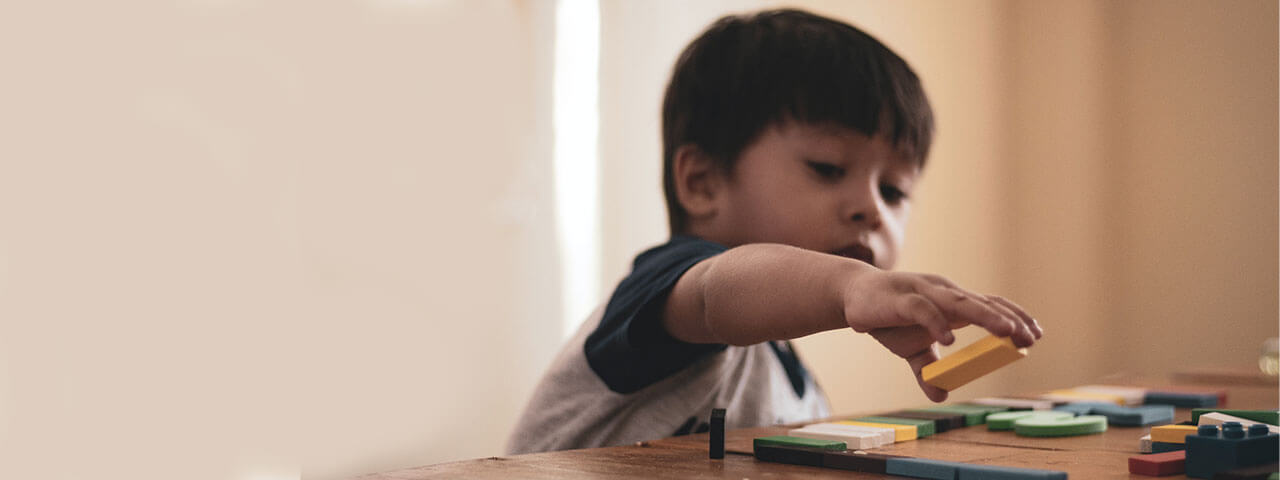
Who Is A Candidate for Vision Therapy?
It may be difficult to understand that someone can see very clearly yet experience vision-related challenges. But that’s the reality for people who have an excellent ’20/20′ vision but lack what’s known as well-developed ‘visual skills’. The ability to track the path of a thrown ball or to read a sentence in a book both require well-developed visual skills. Such skills can be learned at any age.
We offer customized vision therapy to help people develop their visual skills and reach their potential, both at school and on the sports field.
Does Your Child Have Poor Visual Skills?
Some children and adults have lagging visual skills — even if they have excellent eyesight. They may misjudge the distance to the curb while riding a bike or driving a car, or lack the hand-brain coordination needed to easily catch a ball. While reading, they may inadvertently skip lines of text. The strain of reading may cause them to rub their eyes, suffer from headaches, become fatigued, lose concentration, or hold books too close to their eyes. This may also experience blurred during class or examinations. As a result, their reading comprehension lags, and homework goes undone.
In fact, up to 1 in 5 children have a visual problem that hinders learning, and unless addressed, the problem will persist into adulthood. Vision-related challenges affect a person’s performance in school, at work and even while playing sports. This, in turn, hampers one’s self-confidence and can thwart academic and even professional success.
What Is Vision Therapy and How Can It Help?

Vision therapy can significantly improve the way the eyes and brain work together to achieve clear and comfortable vision at all times.
Vision therapy begins with a functional eye examination to test for visual acuity, depth perception, and visual skills, and assess whether the eyes are working in tandem. If vision problems are identified, a customized vision therapy program will be prescribed to the child’s specific needs. It will include exercises taught in the office once or twice a week and reinforced through at-home training.
Who Can Benefit from Vision Therapy?
Vision therapy can help patients with the following eye conditions:
- Amblyopia (“lazy eye”): the visual skills in one eye is weaker due to a stronger connection between the other eye and the brain
- Strabismus (“crossed or turned eyes”): the eyes point in two different directions, either occasionally or permanently
- Double vision
- Binocular-vision problems: eye strain that results from the eyes being slightly misaligned and not working together as a team
- Eye-movement disorders, difficulties scanning across a page or jumping between words
- Accommodative disorders: trouble maintaining focus on a close-by object
- Ocular motility dysfunctions: abnormal eye alignment or difficulty controlling large eye movements
- Visual-perceptual problems: difficulty processing visual information
- Vision problems resulting from developmental delays and acquired brain injuries
Vision therapy does not cure dyslexia or attention deficit hyperactivity disorder (ADHD). But many children and adults with these (at times misdiagnosed) conditions actually have poor visual skills, so a comprehensive eye exam is an important first step toward getting to the root of the issue.
Eye Q Optometrist offers vision therapy to patients from New York City, Scarsdale, Rye , Mamaroneck and throughout New York.
References:
